Communicable diseases such as HIV/AIDS, tuberculosis, and diarrheal diseases are still the biggest killers in sub-Saharan Africa, and we cannot lessen the pressure on prevention, treatment, and care of these. Meanwhile, there has been a significant rise in non-communicable diseases (NCDs), which are diseases or conditions that are not infectious yet are the cause of early death and ill health. NCDs are mainly chronic in nature and include heart diseases, diabetes, and cancers. There can also be deadly interactions between communicable and non-communicable diseases. According to the World Health Organization, infections stemming from HPV and hepatitis B and C “significantly contribute to the burden of [the WHO Africa region’s] top two cancers,” which are cervical and liver cancer. Further, being HIV-positive increases one’s risk of developing cervical cancer. So we cannot focus on one group of diseases at the expense of others.
As the continent urbanizes, people’s diets are changing, and not in positive ways. As people move to cities, they can be exposed to unhealthy and unregulated foods, environmental carcinogens, and harmful substances like tobacco and alcohol.
One of the most common NCDs is cancer. Nowadays it is rare to find someone whose life has not been touched by it. According to the WHO, two-thirds of cancer deaths occur in low- and middle- income countries.
Unfortunately, diagnosis is often not timely enough especially if treatment is to be effective. That is why it is so important to know your status. Fortunately, successful public health campaigns have made it an expectation that people know their HIV status. However, the responsibility to protect the health of ourselves and our loved ones cannot stop there.
The public health landscape on the continent has witnessed significant gains in the recent past resulting in increased life expectancy. Cases of infectious diseases have since declined and people living longer. As people live longer, chances of developing non-communicable diseases increase.
Why should you know your cancer status?
In 2012, cancer featured among the top causes of morbidity and mortality worldwide, with 8.2 million related deaths occurring. This figure is expected to almost double in the next two decades. Cancer is now one of the top four NCDs.
Cancer can often be treated when detected early. Early diagnosis and appropriate treatment are critical and necessary. Most cancer-related deaths are preventable especially if the early warning signs are known and addressed on time. For those that have a family history of cancer, screening needs to be done earlier than the recommended age for those at typical risk. Different cancer screening tests are recommended based on the person’s age, gender and family history.
In Kenya, cancer is the third leading cause of death following infectious diseases and cardiovascular diseases. According to the Kenya National Cancer Control Strategy (2017-2022), a large proportion of those affected by cancer are below the age of 70. The most common types of cancer in women are cervical, breast, and esophageal. In men, the leading types are prostate, esophageal, and Kaposi Sarcoma. It is recommended for women to start breast cancer screening after the age of 40, and men are expected to start prostate cancer screening at age 50. If there is a family history of cancer, testing is recommended earlier. Cervical cancer testing is recommended as early as age 21.
You cannot afford not to go for cancer testing
Screening and early detection are the easiest ways to ensure timely initiation of treatment. These screenings can be incorporated into regular checkups for people of a certain age, or there is a history of cancer in their families. All Kenyans can now access cancer care and treatment as the National Health Insurance Fund has extended medical cover to cancer patients.
We need to commit to regular cancer screening and timely treatment uptake. County and national governments should consider setting up community screening events in under-served areas. They should also commit to increasing and deepening public awareness and education about NCDs including cancers at lower-level health facilities.
Finally, knowing your cancer status is like knowing the status of any other disease. Being diagnosed with cancer need not be a death sentence. People with cancer can get cured and can continue to work and live long lives.

Shukri Mohamed
Research Officer


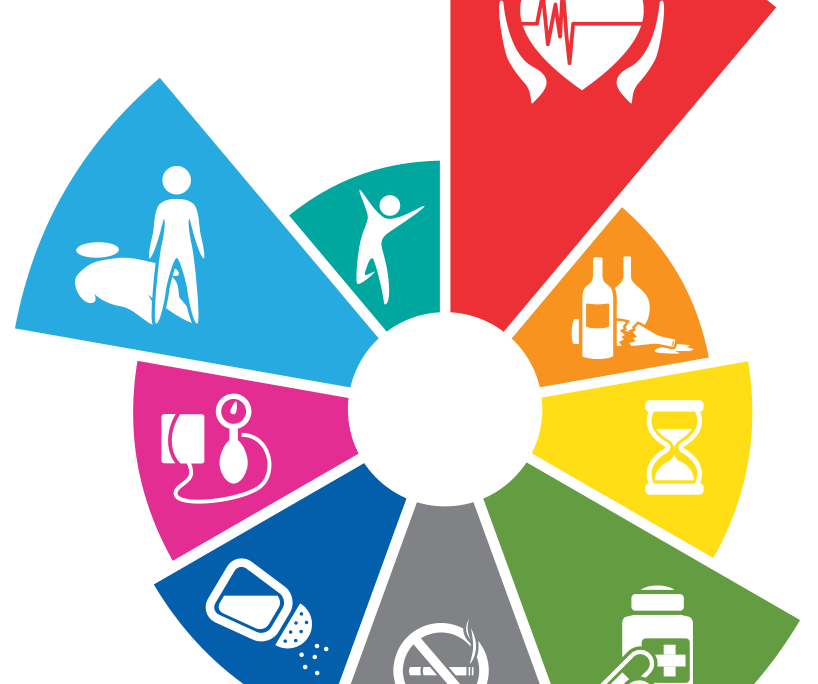
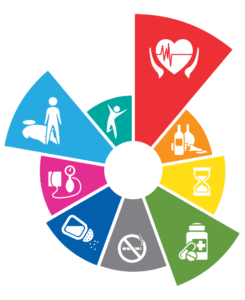
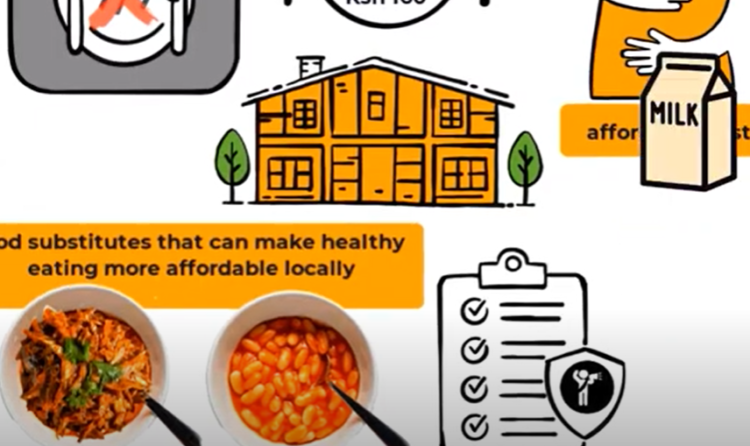












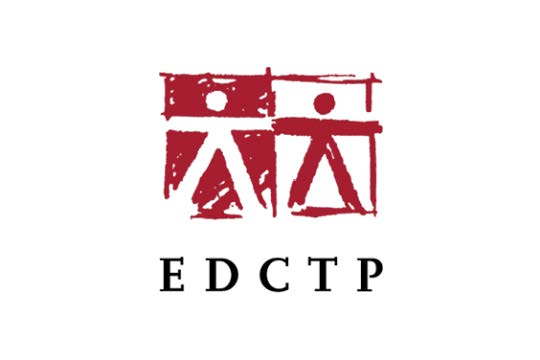
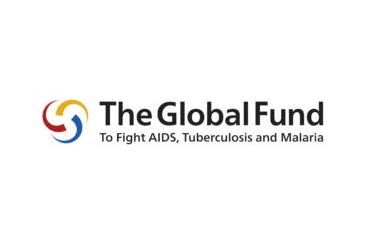
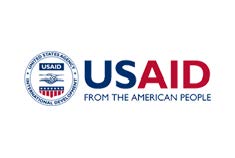
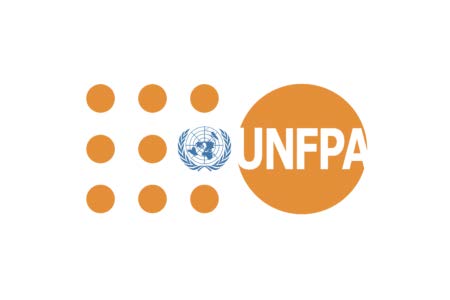

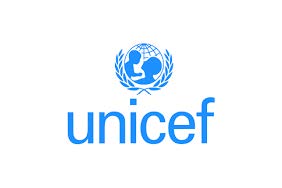
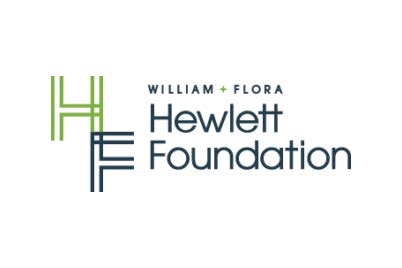
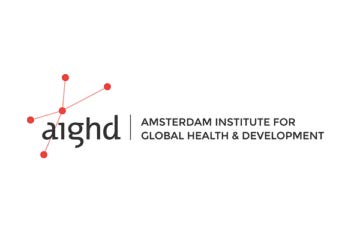





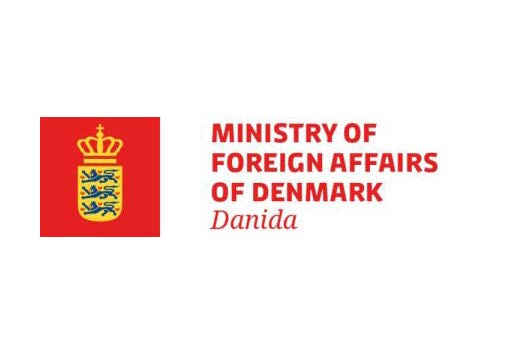
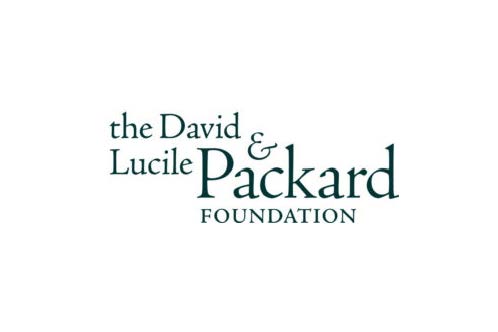







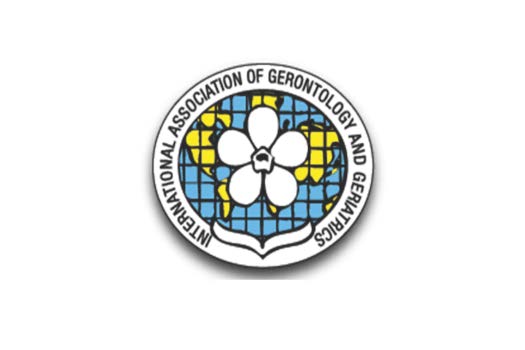


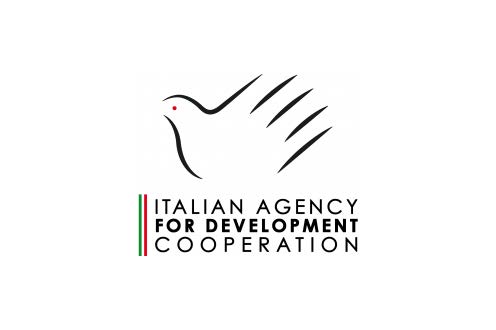
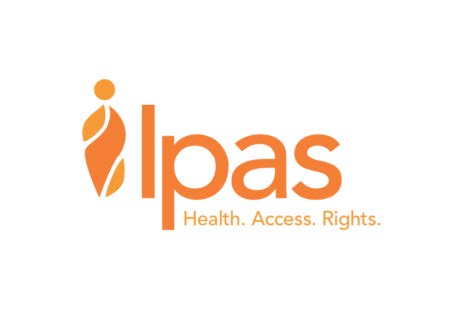
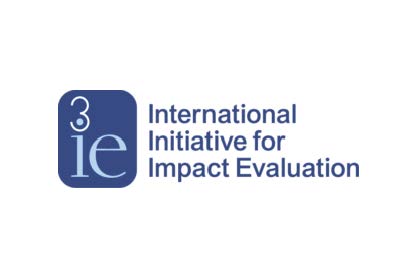


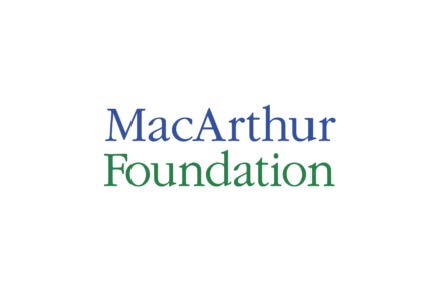
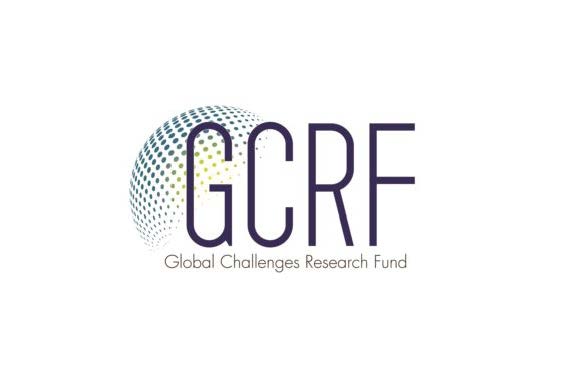

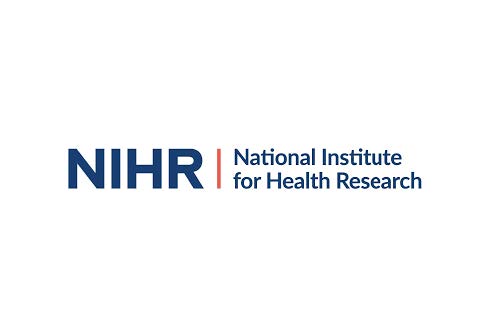
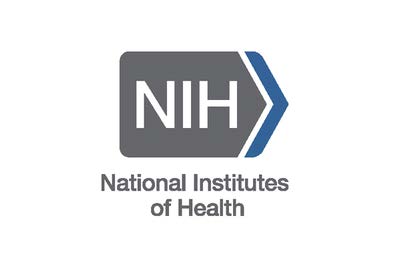
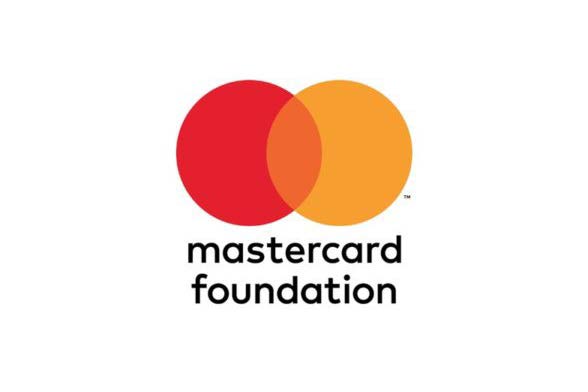

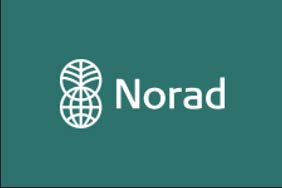

2 Comments
By: Monsur Rahman Lito
Phasellus ac consequat turpis, sit amet fermentum nulla. Donec dignissim augue nunc. Praesent bibendum erat actromi lectus molestie lobortis.
By: Monsur Rahman Lito
Phasellus ac consequat turpis, sit amet fermentum nulla. Donec dignissim augue nunc. Praesent our isto bibendum erat actromi lectus molestie lobortis.